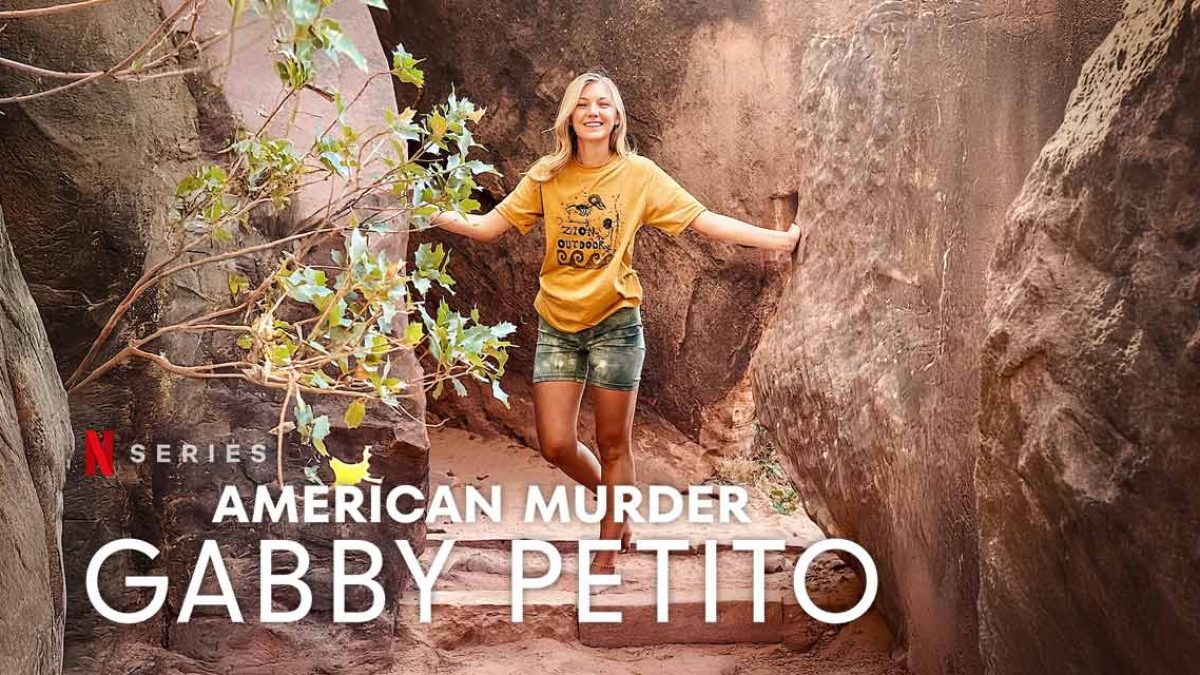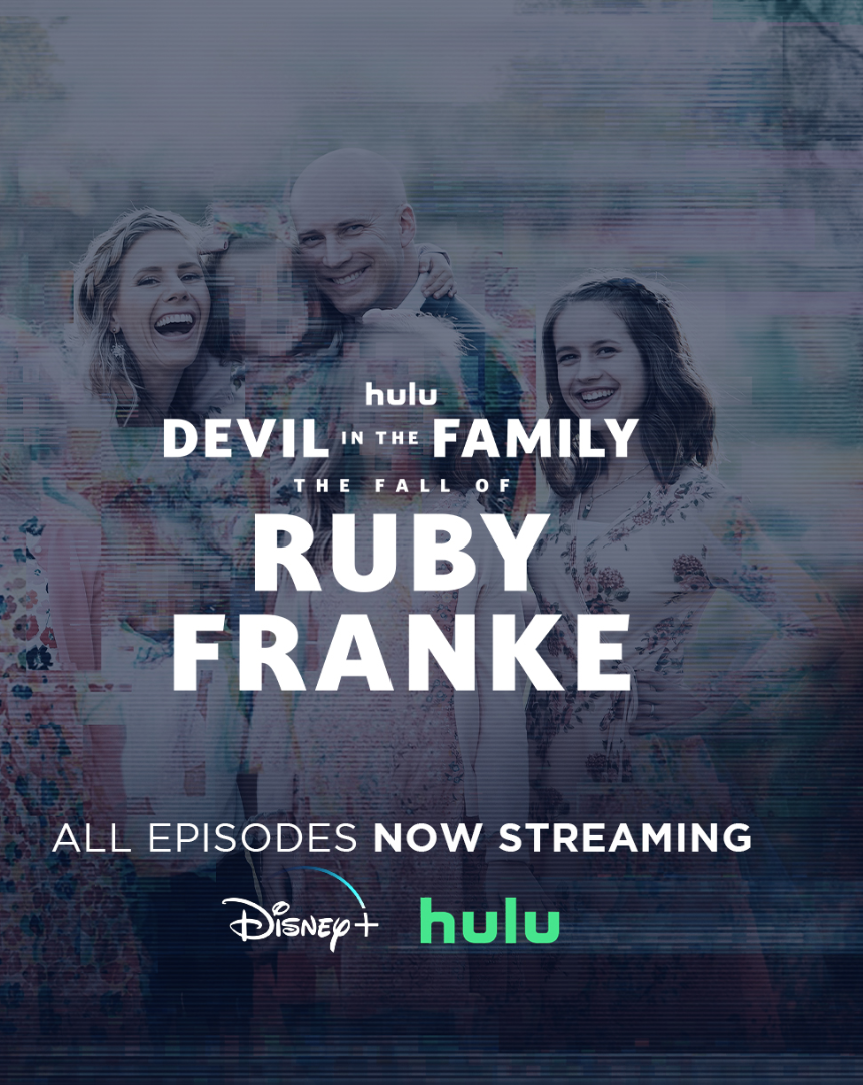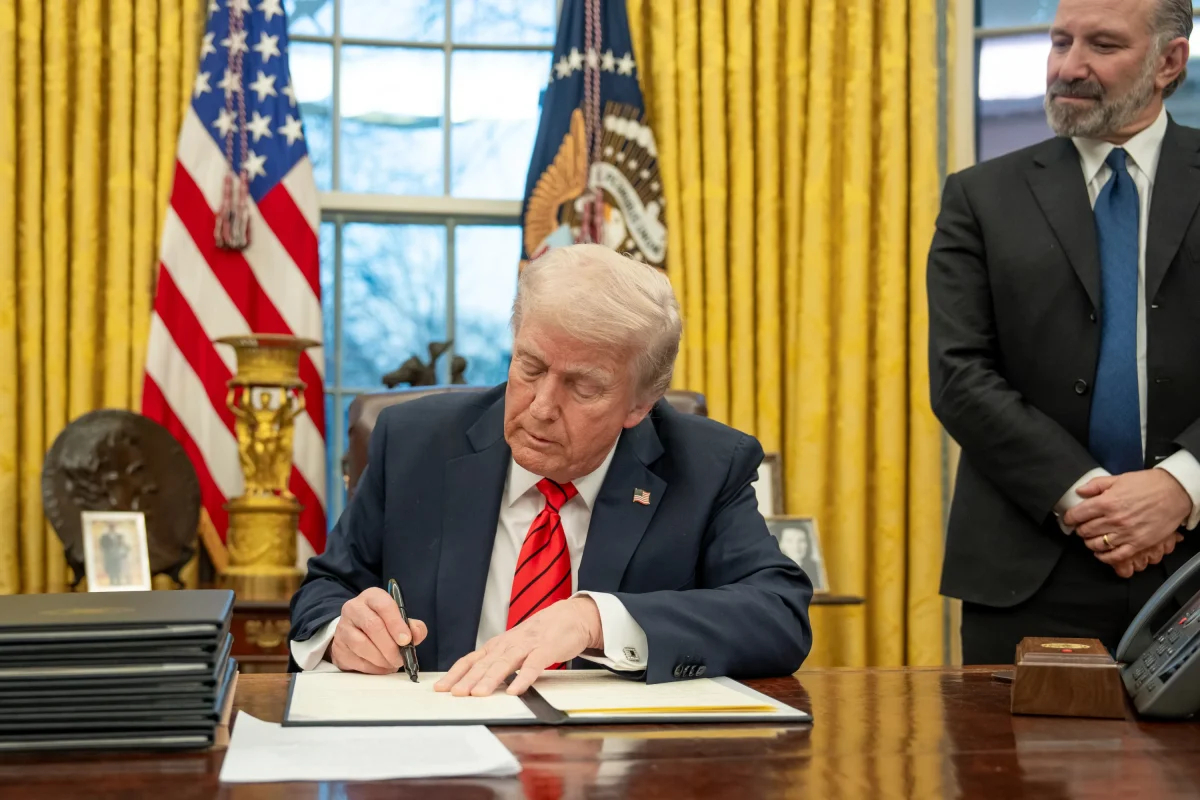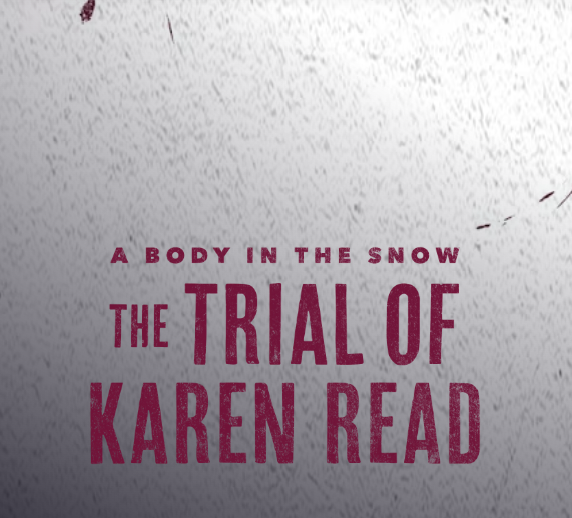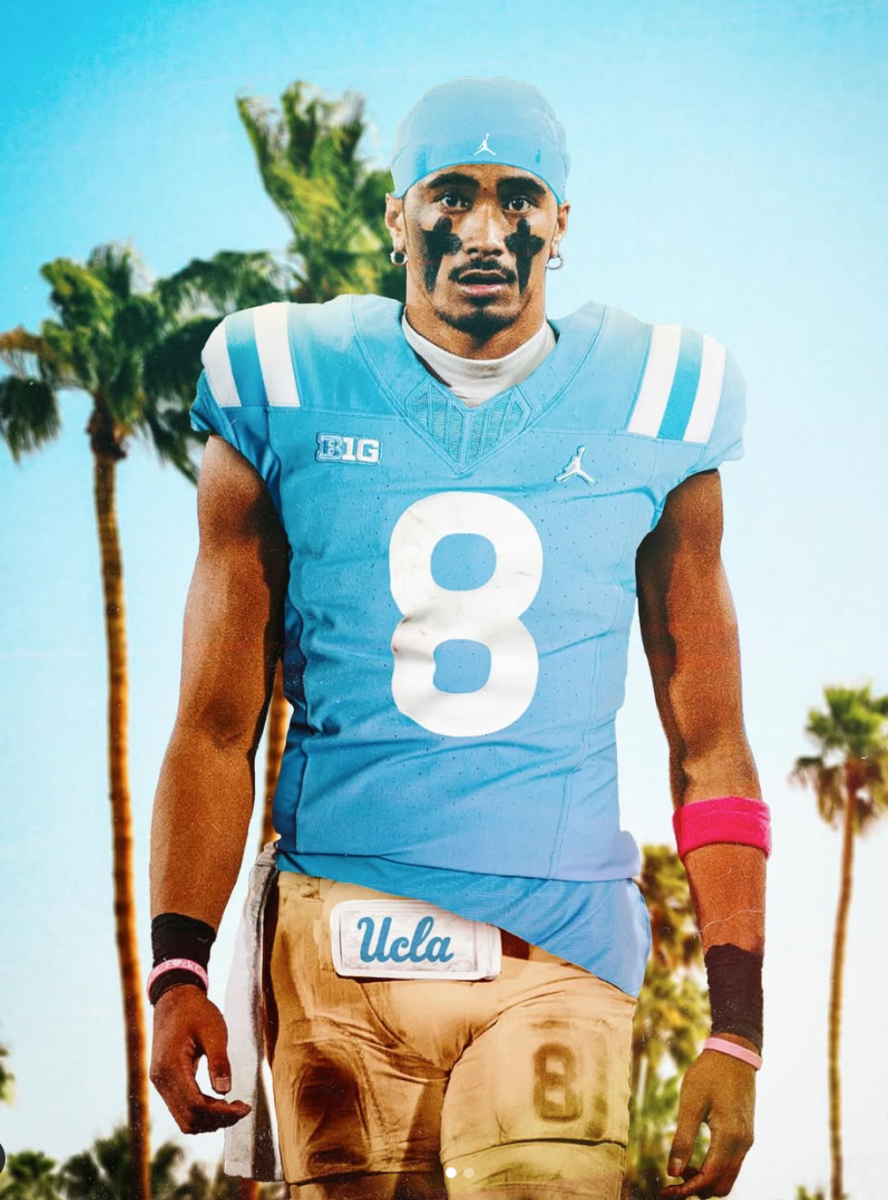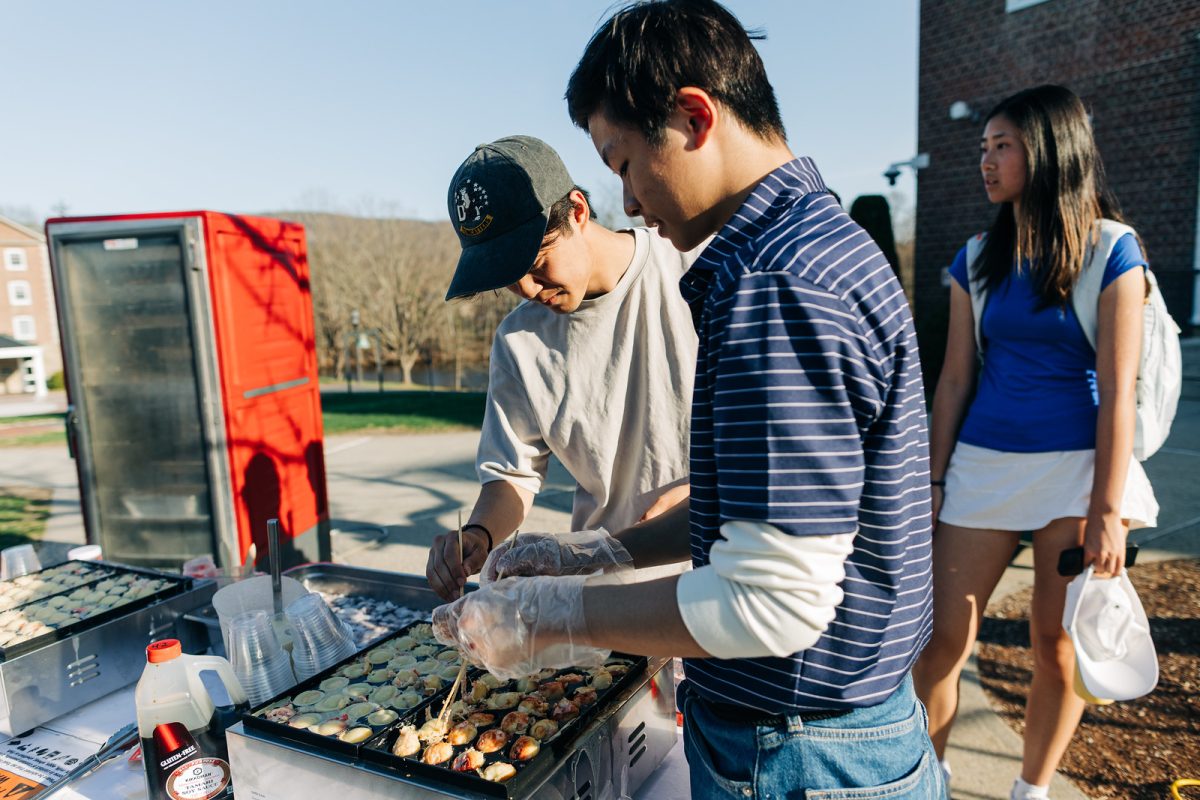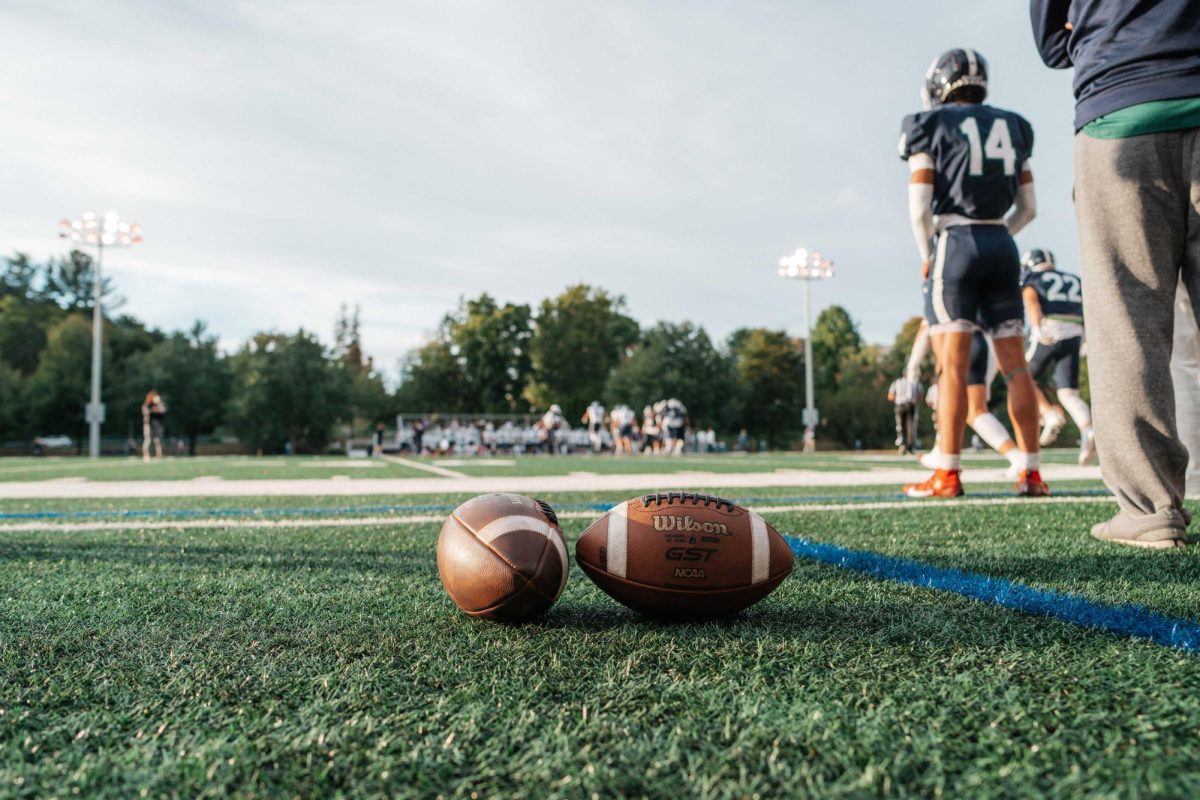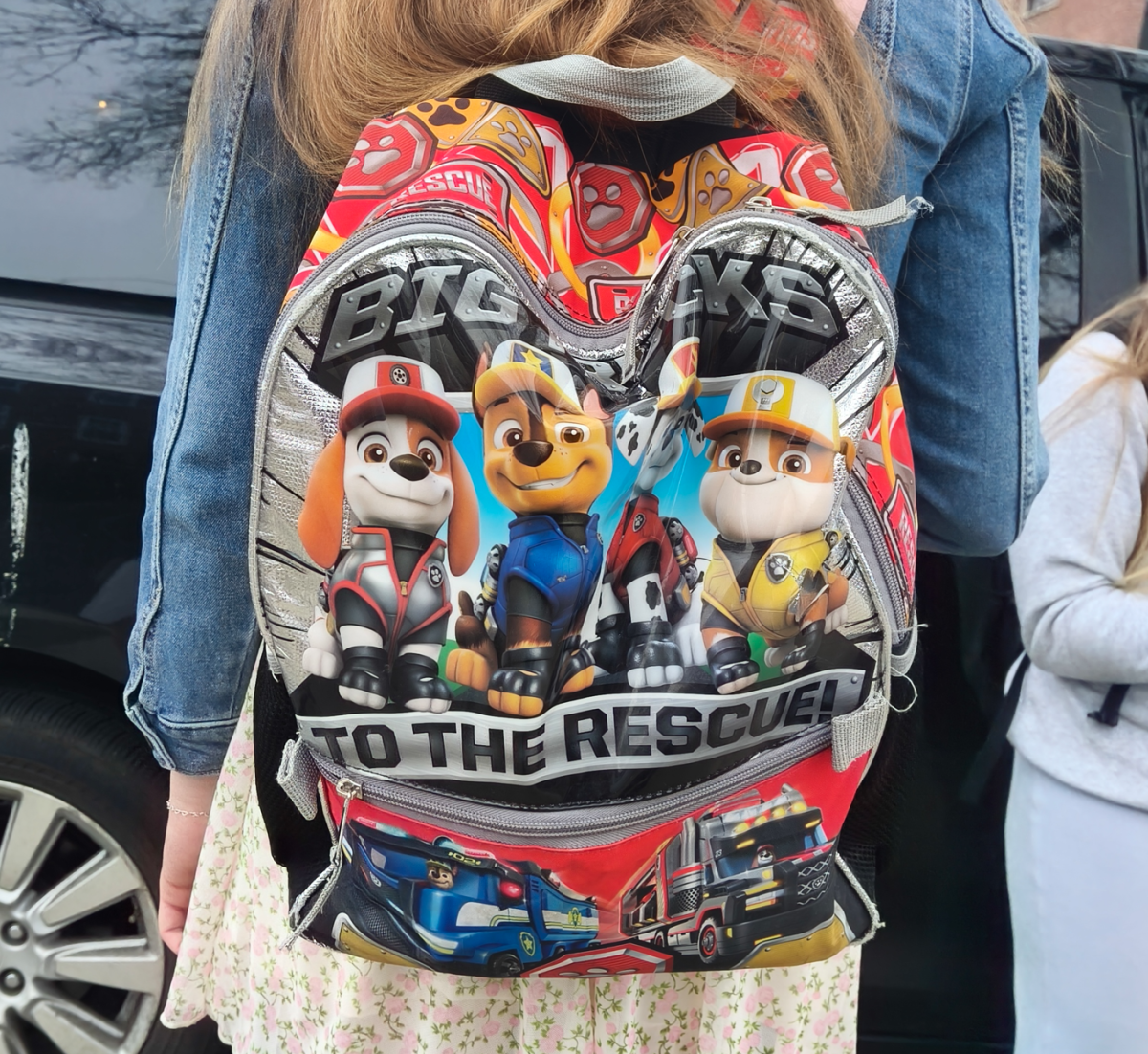A chilling case about a young woman’s murder is taking social media by storm.
Gabby Petito, 22, was murdered by her fiancé, Brian Laundrie, 23, in late August of 2021. The two were on a road trip in hopes of visiting various national parks across the states. Their story is told in a new Netflix documentary, “American Murder: The Gabby Petito Story,” released Feb. 17.
Petito was born on March 19, 1999 in Blue Point, N.Y. to Nichole Schmidt and Joseph Petito. She also had two stepparents, Jim Schmidt and Tara Petito. She met Brian Laundrie in high school at Bayport-Blue High School in Long Island, N.Y. The two stayed together after high school and Gabby moved in with Brian and his family in North Port, Fla. After years of dating, Petito and Laundrie got engaged in July of 2020.
The couple decided to do a cross-country road trip together, and Gabby quit her job to start a “Van Life” vlogging YouTube channel. Brian was the only one who returned.
Violet Carroll, a four-year senior from Milton, Mass., has seen the documentary and is fascinated by it.
“I found [the documentary] very interesting, but also pretty unsettling, watching it as a young female,” Violet said. “It was a big learning experience for me – I remember watching it in awe. It was very powerful to see what she went through.”
The show includes real footage of Petito’s vlogs, along with multiple tapes of police body cam tape. Friends and family of Petito are interviewed on how their emotions and mental states change as the story evolves.
Nina Coffee, a three-year junior boarder from Lyme, Conn., feels there is more under the surface.
“[The show] was very different, and very interesting to see. I think there was a lot more to it; we only saw [things] outside, but there’s [more] to the story that we [couldn’t] see in the documentary,” she said.
According to a New York Times article by Christine Hauser, a brief timeline of the trip is as follows:
Jul. 2 2021: The couple leaves for a presumed four month cross country trip with the intention of visiting and camping in a variety of national parts across the country.
Aug. 12 2021: Police in Moab, Utah receive a 911 call from a witness stating, “We drove by and the gentleman was slapping the girl.” Laundrie replied they had “some sort of argument” with Petito, according to a police report. The two were separated by police for the night, and Laundrie spent the night in a hotel that specifically caters to domestic violence victims.
Aug. 19 2021: The two post an eight minute video on YouTube verbally and physically expressing their love to one another.
Sept. 1 2021: Laundrie returns to North Port, Fla. in the van, alone.
Sept. 11 2021: Petito is reported missing.
Sept. 19 2021: Human remains presumed to belong to Petito are found in Spread Creek Dispersed camping area in Wyoming.
Sept. 21. 2021: The forensic examiner confirmed the remains were those of Petito. The cause of death was ruled as “blunt-force injuries to the head and neck, with manual strangulation.”
Oct. 20/21. 2021: Human remains presumed to belong to Laundrie are found in the Myakkahatchee Creek Environmental Park in Sarasota County, Fla. A comparison of dental records confirms that the remains are Laundrie’s.
Nov. 23. 2021: Medical examiners determined that the cause of death was a suicide by a gunshot wound to the head.
Some viewers, including Lucy Hoyt, a four-year senior from Hatfield, Mass., believe that the racial injustice embedded in this case should be recognized.
“It was interesting, especially with the race factor, [the media] really brought attention to this white woman’s case, but didn’t bring attention to the other missing person cases that are reported for people who are different races besides white,” she said. “There’s so many more people who need help out there.”
The Petito family created the Gabby Petito Foundation to help bring awareness to indigenous missing people and to dismantle the “Missing White Woman Syndrome.” This is a perceived media bias in which cases of missing white women and girls receive more urgency and even acknowledgement compared to missing people of color.
Mel McCullough, a three-year junior from Allentown, Pa., believes that the media did a good job telling Gabby’s story fairly and appropriately.
“I thought it was really well done in telling her story without exploiting her,” she said.
“I think the more the media talks about relationships like this, the more people realize if they’re in one and how to get out and call for help,” she added.
Gabby’s story is one that nearly ten million individuals worldwide annually can relate to. Her story encourages victims to break the cycle, and to recognize the signs of an abusive relationship before it’s too late. The National Domestic Violence Hotline is 800-799-7233.



